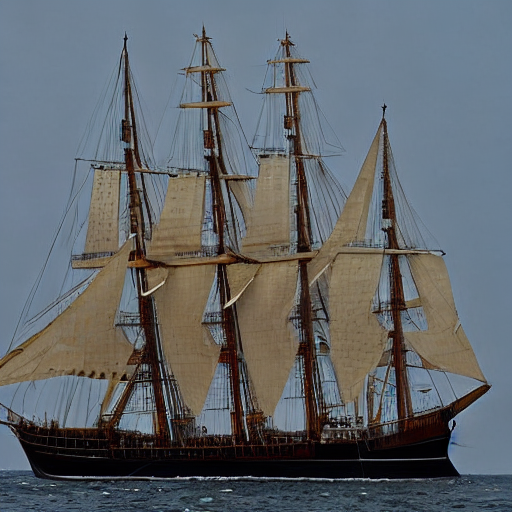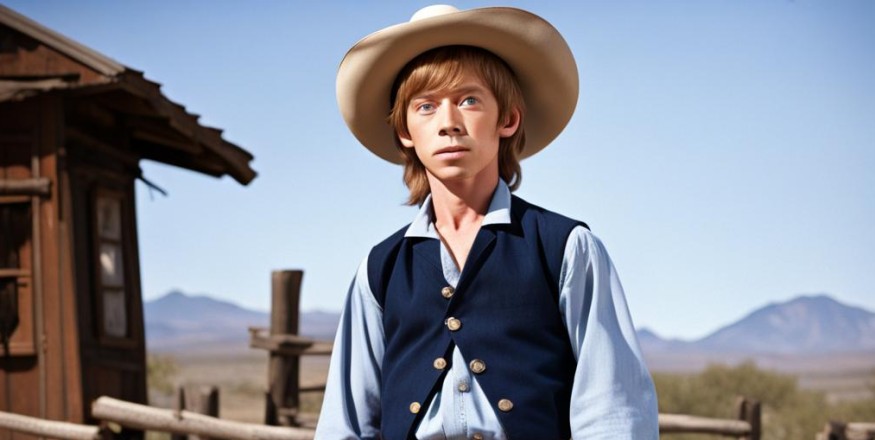 x
x
426Please respect copyright.PENANA7UJDuBWPeK
As Robinson makes his daring escape from Korea, he knows that heading northeast to Vladivostok is his best chance at reaching safety. With the King's soldiers, who are acting on behalf of the Americans, closely pursuing him, he must depend on his intelligence and resourcefulness to successfully navigate the perilous journey. His first challenge is crossing the rugged terrain of the northeast country. He treks through dense forests, climbs steep mountains, and crosses icy rivers, constantly evading capture. He relies on his Taek Won Do skills and knowledge of the land to outmaneuver his pursuers. After days of grueling travel, he finally reaches Vladivostok, a bustling port city on the eastern coast of Russia. Here, he seeks refuge among a Korean expatriate community that had settled there. These fellow Koreans sympathize with him and provide him shelter and assistance in finding passage to America.
On the great Russian clipper ship, in the hold where he has been smuggled away, Robinson thinks that he sees Kim leaning against a bulkhead, looking at him with an expression both tender and solemn. "You have managed to elude them," Kim says, "just as I had anticipated."
"I do not know why, grand master," Robinson says. "I would rather have stayed."
"Why?"
"Because the temple has been destroyed," Robinson says. He begins to weep, ashamed of himself for this display of emotion but then this is the first time that he has broken since Kim's death and no one will ever see this; he occupies a dimly lit cell located at the back of the ship, hidden from view except by those responsible for providing him meals throughout the four-week voyage to San Francisco. "Due to the temple's destruction and the monks' subsequent departure, the order has been shattered. I deeply regret disgracing those whom I hold dear. Perhaps it would have been wiser for me to remain in Korea and surrender myself to either the King or even the Americans, seeking retribution."
"They would not have demolished the temple had they possessed you?"
"I would have hoped so," Robinson says, "I would have made that offer, taken that chance."
"You mustn't be absurd," Kim says in the bantering way that he has always had. "They would have undoubtedly slain you and obliterated the temple. The temple has faced destruction in the past, but fear not, for it shall be reconstructed once again."
"But perhaps..."
"No," Kim says. You must refrain from seeking vengeance upon yourself. Throughout history, the temple has endured destruction, only to rise again in its renewed glory. Both the King and the Americans lack the profound understanding that we possess." He reaches toward Robinson. "Within each of us lies the sanctuary, the temple. It is you who embody this sacred place. They may attempt to dismantle it by using you, but if you choose to escape, both you and the temple shall be preserved. Can't you perceive this truth?" he says. "Can't you perceive it? We have become the temple."
And Robinson sees, he thinks he sees, he looks up at the old man and sees Kim as he had seen him in life, counseling him, near him, his eyes kind yet reserved, his face expressive and Kim then says, "The chapter of your life that has passed is now behind you. However, fear not, for another chapter awaits you. You shall navigate through every twist and turn it presents."
"Will you be with me?"
"In your recollection," Kim says. "For existence knows no bounds. You bear no responsibility for the events that transpired, but rather, you have displayed a remarkable act of profound affection and holiness. Your endeavor to salvage the sanctuary was driven by your refusal to witness any harm befall us. Know this, I shall forever remain intertwined within a fragment of your being."
And then he is gone: as substantial as his form was, so does it become equally transparent, and then he is gone, whickering out of the room, leaving Robinson to the dank and foul spaces of his cubicle but the sensation is different now and as the ship wallows upon the ocean he decides through the course of many days that he can bear it. He thinks that he can bear it now. He will do what he can as best he can and his death will not be brought by his hand....because life is sacred and he is merely its custodian; he does not have that right.
No one has that right although many try to take it.






















